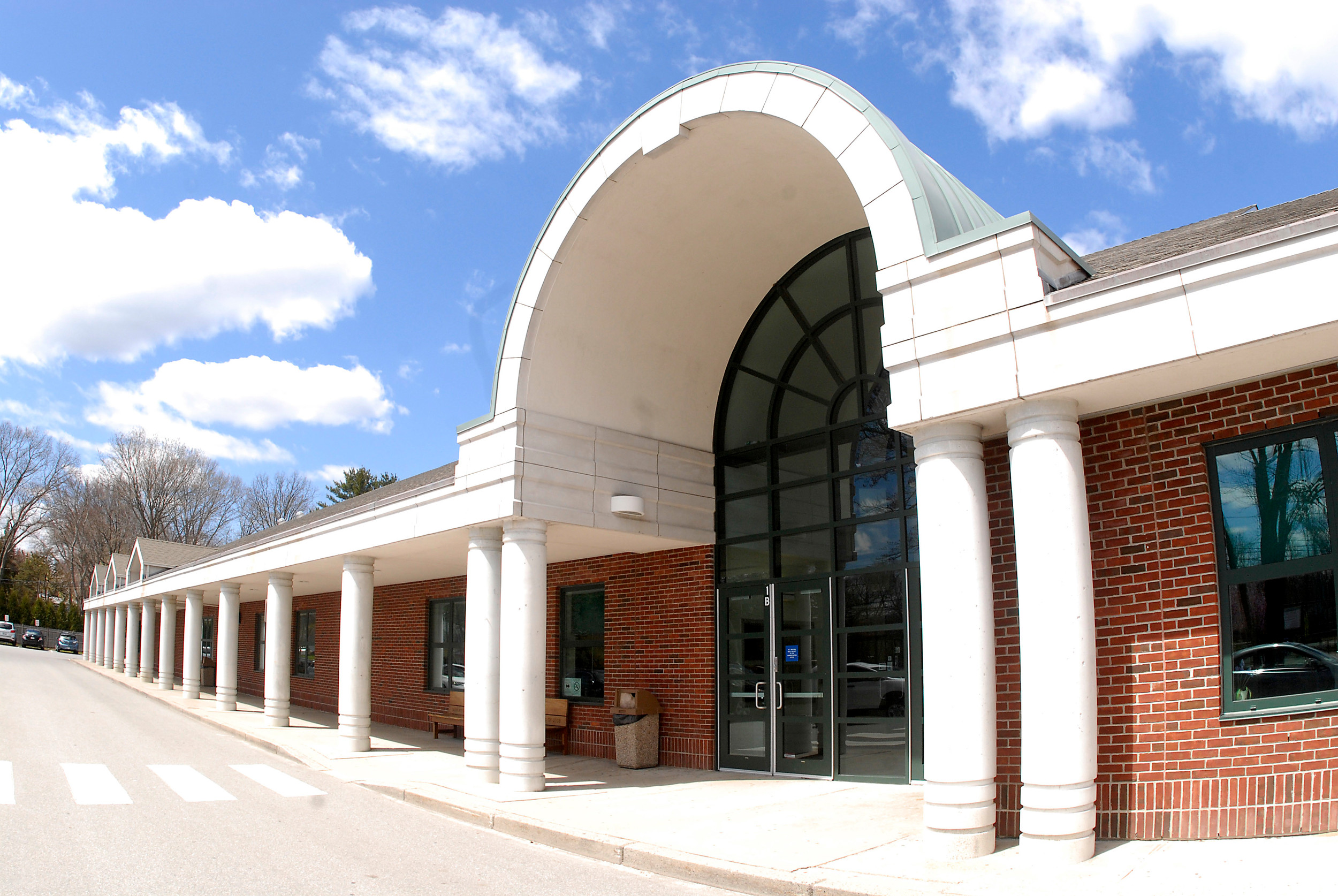Barrington Schools’ AI policy: A step in the right direction
Is policy too soft on students who knowingly cheat?
Is it perfect? No. But it’s better than nothing.
That was the message shared by Barrington High School Principal Christopher Ashley during a recent discussion about the guidelines …
This item is available in full to subscribers.
Please log in to continue |
Register to post eventsIf you'd like to post an event to our calendar, you can create a free account by clicking here. Note that free accounts do not have access to our subscriber-only content. |
Day pass subscribers
Are you a day pass subscriber who needs to log in? Click here to continue.
Barrington Schools’ AI policy: A step in the right direction
Is policy too soft on students who knowingly cheat?
Is it perfect? No. But it’s better than nothing.
That was the message shared by Barrington High School Principal Christopher Ashley during a recent discussion about the guidelines governing artificial intelligence included in the district’s academic integrity policy.
During the meeting on Dec. 21, Barrington School Committee member Megan Douglas asked Ashley for feedback from teachers on the new policy.
Ashley opened by referencing some problems that surfaced at the high school last spring. In one incident that was reported earlier in the Barrington Times, a group of BHS students’ papers were flagged for using artificial intelligence, although teachers later discovered the AI was a program designed to check grammar and sentence structure. In another incident, a different group of students turned in papers that had been written entirely by ChatGPT, an artificial intelligence application.
Ashley said the situations were difficult to navigate for educators and administrators, as the district had not yet included language in the academic integrity policy governing students’ use of AI.
Shortly after the AI language in the policy was formerly approved, the school experienced additional cheating incidents, Ashley said.
He said some BHS teachers are calling for different responses for students in different grade levels — high school students are generally aware when they are making a poor decision, Ashley said. That may not be the case for students at the middle school level.
Ashley said some teachers questioned whether students were being held responsible for their mis-steps. He added that the principal has the authority to issue a more significant punishment when deemed appropriate.
Ashley said it all depends on the situation.
Barrington School Committee member TJ Peck acknowledged that the use of AI is constantly evolving, and praised Barrington teachers for their efforts. Peck also asked Ashley to clarify — should punishments or ramifications be more severe or less severe for those students found to be violating the policy?
Ashley said he would like to see the policy include clear language for a student who is found to be blatantly cheating.
Ashley then said it is good that the district has a policy, even if it is not perfect. Ashley said navigating the same challenges last year without a policy was “extremely difficult.”
Not condoning cheating
Douglas referenced a 2015 Challenge Success survey administered to local students. She said the results showed that 91 percent of local students admitted to cheating at some level.
Douglas said students at high performing schools cheat to survive the rigors placed on them by a demanding course load and extracurricular activities schedule. She offered an example of students who have five papers due in one week while also trying to apply to colleges.
Douglas said the demands were unreasonable.
Peck interrupted Douglas — he said cheating was absolutely unacceptable.
Douglas responded: “I’m not fostering a decision that it’s appropriate. What I’m saying is that if you have a system that is making it difficult for kids to just get by, they will do things that will be construed as cheating.”
She said that does not mean they are bad kids, adding that she does not agree with cheating at all.
Douglas also said her own children have been subjected to a different side of cheating, where other students pressure them to cheat to support them. She said that is a difficult situation to be in. Douglas said that when students face the challenge of overwhelming workloads, the cheating starts to feel normal.
“I’m not condoning cheating,” she said. “I’m asking us to look at a system that’s creating an environment where these crazy-smart kids are feeling it necessary to cheat.”
No vote was taken on the matter.






